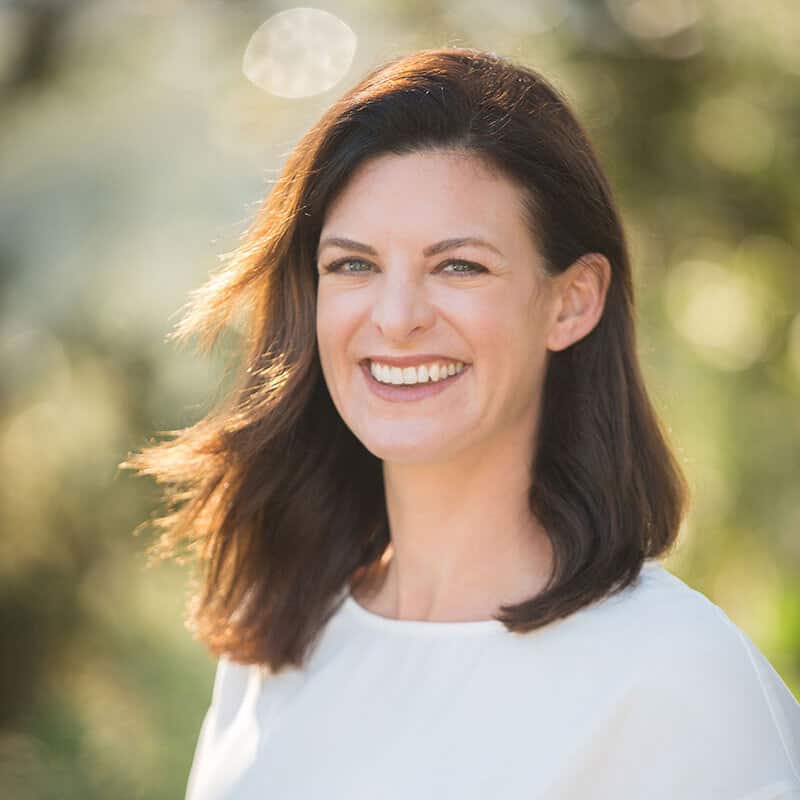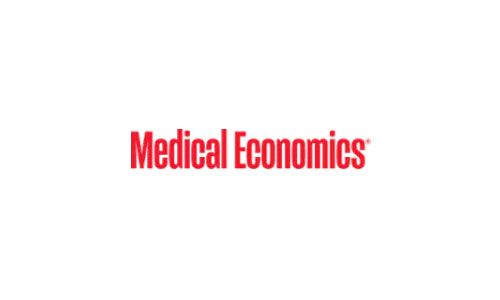Meet Brooke LeVasseur

Meet Brooke LeVasseur, CEO, AristaMD
Brooke LeVasseur is the CEO of AristaMD and has 20+ years of leadership experience launching new, innovative healthcare products and solutions to payers and providers, with deep expertise in value-based care and digital health. As an established entrepreneur and an innovative leader, Brooke has deep experience identifying, developing and launching new business offerings while managing teams to achieve operational goals. Her expertise spans the healthcare spectrum, from consumer health to devices and diagnostics.
Brooke has led teams to successfully commercialize new, innovative healthcare tools and gain widespread clinician adoption and reimbursement. She has held executive roles at Thomson Reuters, Veracyte and Sequenom, as well as an array of consultant roles at industry-leading investment and healthcare companies such as Kleiner Perkins Caufield & Byers, Versant Ventures, Illumina, Cypher Genomics and GRAIL.
Brooke spends her time outside work in the ocean or hanging out with her husband, two kids and two kittens.

How Retail Acquisitions Will Accelerate Adoption of Value-based Care
By Brooke LeVasseur
Recent retail acquisitions in health care, like those undertaken by Amazon, CVS, and Walgreens, are leading many to wonder what the industry’s future will look like. One thing is certain: these deals confirm that innovation and transformation are coming to the health care industry. I predict that we will see these companies address huge problems related to the adoption of value-based care (VBC), a form of reimbursement that ties physician payment to the quality of care provided. Here is how retail health companies will change the future of VBC amid growing demand for better access to primary care across the country.
1) We’ll see more adoption of value-based care to advance health equity and affordability
Major healthcare players are ramping up investment in tools supporting VBC as a strategic play to capture more healthcare spending. CVS’ acquisition of Oak Street Health is one example of a visible commitment to VBC that lowers costs and improves outcomes. By combining its health services with Oak Street Health, CVS VBC gained a more expansive footprint. Oak Street had more than 600 primary care providers and 169 senior-focused medical centers across 21 states before the acquisition. The company’s focus on seniors aligns with the area of the market most focused on VBC—Medicare. I expect many other big retailers will follow this model.
According to a Health Care Payment Learning & Action Network survey, only 41% of healthcare spending is paid in fee-for-service reimbursements. VBC retailers will accelerate the adoption of value-based payment models, especially now that the Centers for Medicare & Medicaid Services is extending its Medicare Advantage value-based model through 2030 and offering a new program, Making Care Primary (MCP) Model, to support primary care practices as they take on more risk.
Data transparency is critical to the success of VBC for these organizations. It’s vital for retail locations to know which specialists are in-network and nearby. With greater transparency, patients realize greater access and lower cost of care—more convenient primary and specialty care and lower copays when referred to in-network specialists. Retailers like Amazon, CVS, and Walgreens will need access to technology that enables them to quickly search for specialists that accept the patient’s insurance and can schedule the patient.


Creating Change, Life Lessons and 5 Ways Virtual Care Improves the U.S. Healthcare System
Featured in Medium.com (a division of Authority Magazine), November 2020
As part of their leaders in healthcare series, Authority Magazine discusses origin stories, unique company values, and life lessons with Virtual Care company AristaMD’s CEO Brooke LeVasseur.
This interview also delves into challenges faced and key changes to be made to improve the US healthcare system.
Can you share the most interesting story that happened to you since you began leading your company?
At AristaMD, we take great pride in our best-in-class technology platform, directing a lot of resources towards this effort. However, one of our most successful initiatives was born completely out of a mix of happenstance and necessity.
Prior to raising our Series B round of funding, we were operating with limited resources, and providers were finding our V1 app solution to be time-consuming and clunky. In response to that, we launched a white-glove nurse offering in which we provided nursing staff that could act as an extension of a clinic and take up all the heavy manual lifting that previously the clinics were supposed to support. This simple, low-tech offering was a complete game changer and overnight resulted in exponential growth in the adoption of our solution. In healthcare, listening to the customer is so important versus building tech in a vacuum!
Today, we now offer a variety of solutions, employing full technical integrations as well as continuing to support numerous clients with our nurse extension program. I love our team’s creative, tool-agnostic approach to solving client problems.

Mentoring Through Challenging Times: Growing a Team and Its Culture Virtually
Featured in BizWomen, December 2020 | By Brooke LeVasseur, AristaMD CEO
Working from home is the norm this year, but doing so while your company is growing exponentially is especially challenging. That’s what Brooke LeVasseur faced as telemedicine took off during the pandemic. Her experience transfers to many who face virtual cultural challenges.
With the pandemic keeping so many patients at home, either afraid to risk exposure or unable to see a physician because the staff is diverted, telehealth has become an invaluable solution to ensure patients can continue to get the care they need. eConsults (also known as virtual consults) has been an important piece of that – connecting virtual specialists to primary care providers to get advice and guidance on how to treat patients without the need to see them face-to-face.
Facing even more hurdles than normal to deliver healthcare, I knew that AristaMD must not just weather the COVID-19 storm but grow as fast as possible to ensure more patients have access to care. In July, we closed our Series B financing and had an exciting task ahead of us – to significantly grow the team in an environment where we couldn’t even meet most candidates in person. In addition, we had to figure out how to effectively integrate new hires into our culture, get them trained and start building relationships with the team…all virtually.
Some things we have learned in this process:
Rely on tools that allow you to get beneath the surface. We use DISC (Dominance, Influence (I), Steadiness, and Conscientiousness) assessments for each employee, but there are a lot of other great tools out there. Sessions are held by departments where everyone shares their results, helping everyone get to know how each team member works best, what kind of information they like and how to effectively coordinate and mesh your own style with your team’s.
